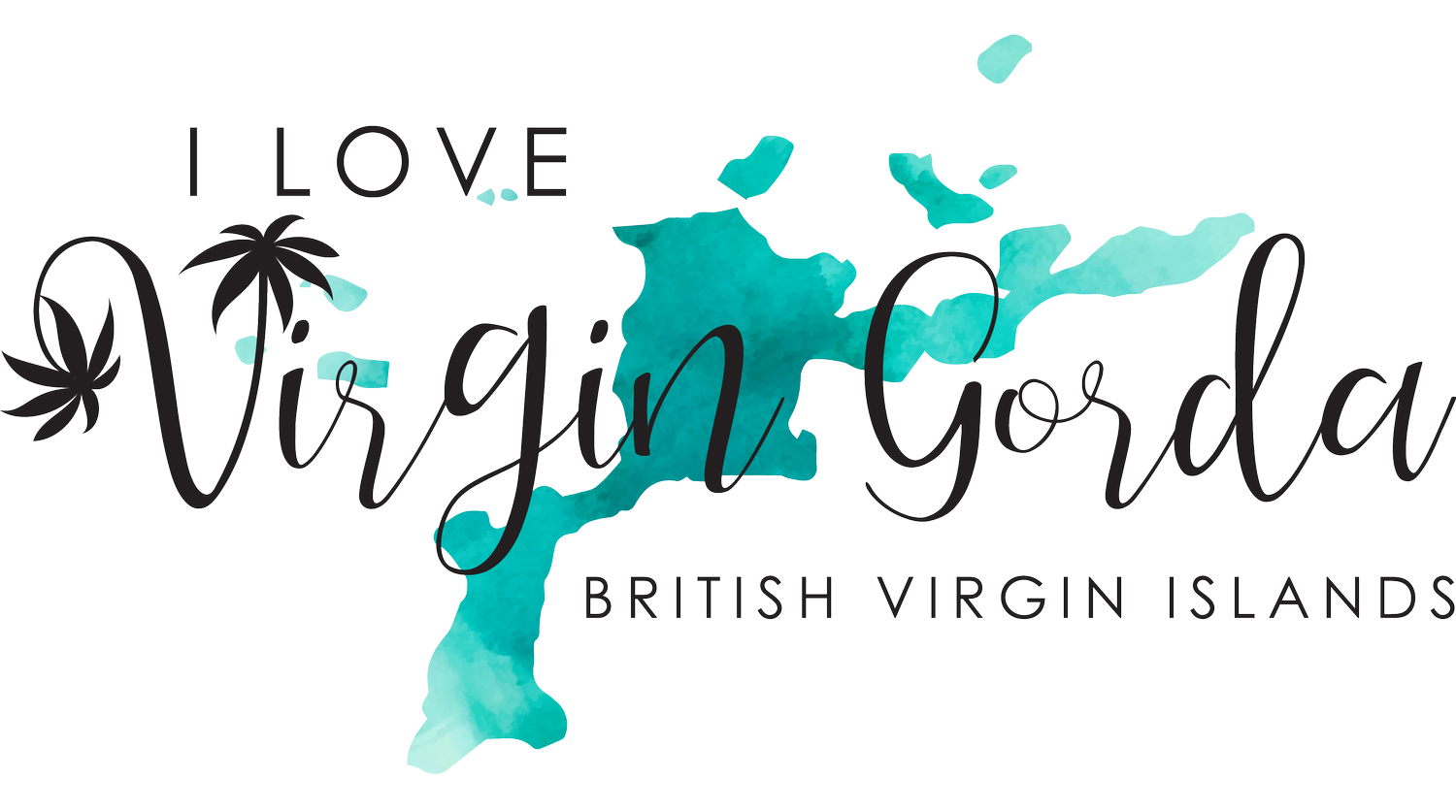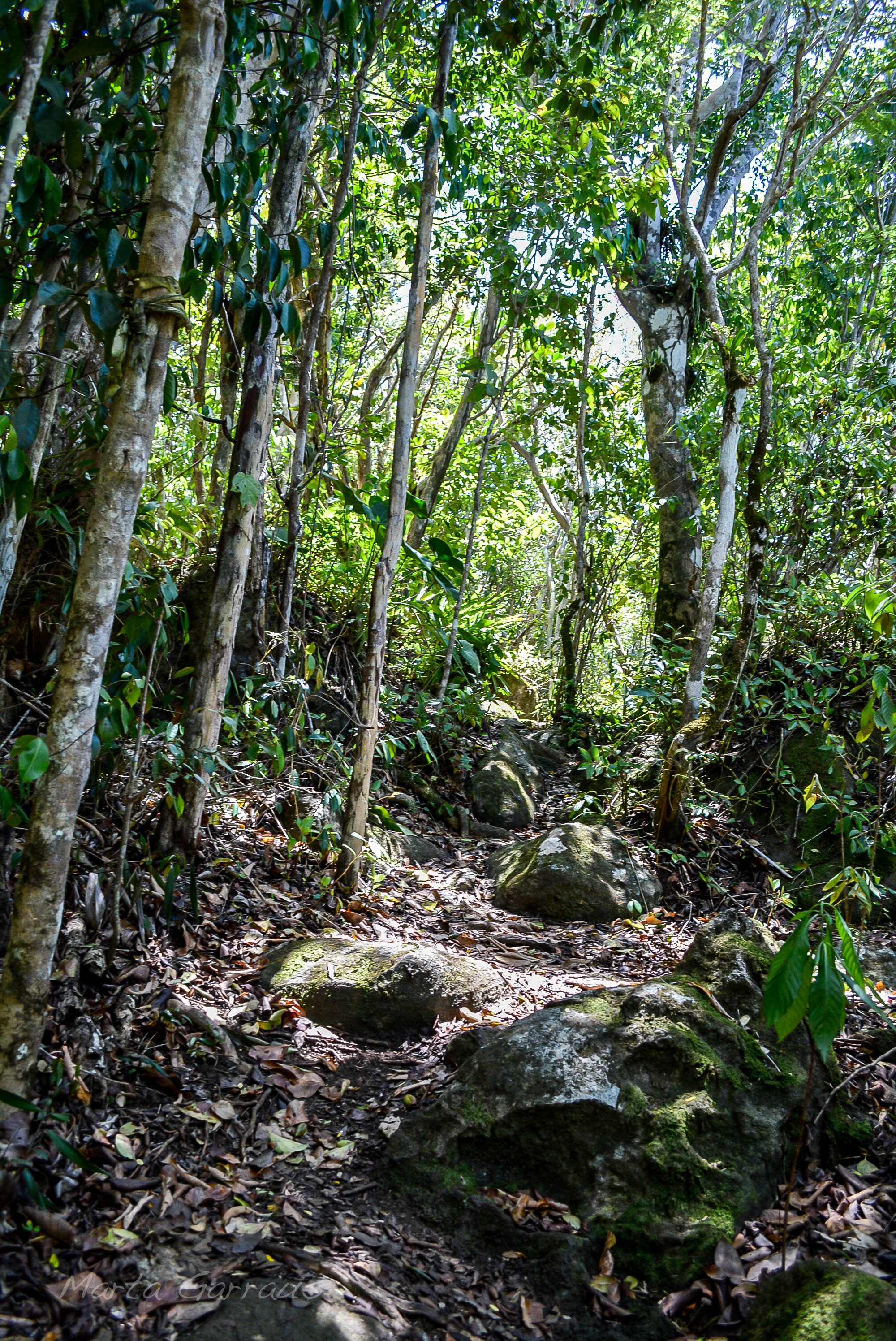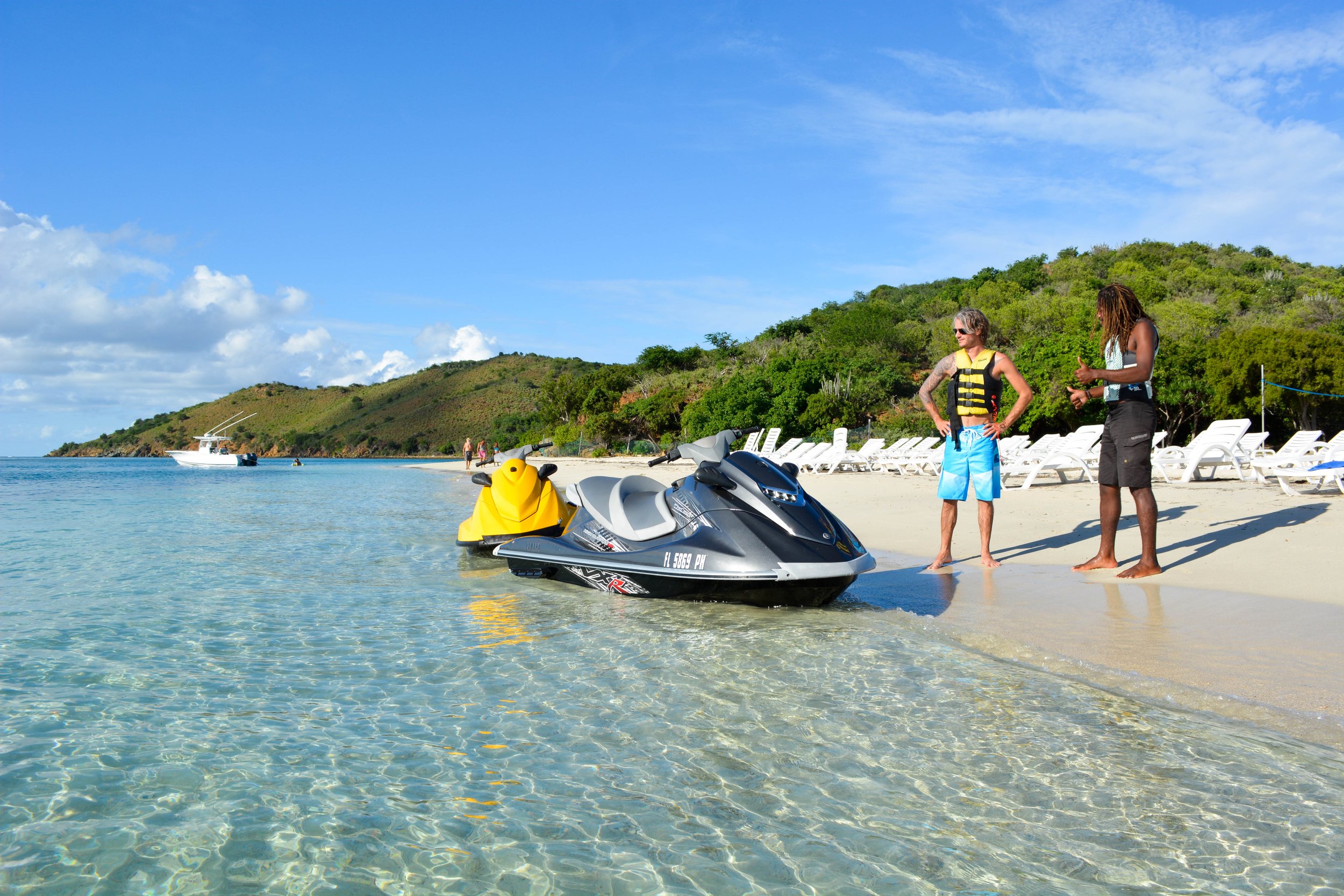
NATIONAL PARKS VIRGIN GORDA
EXPLORE
NATURE'S LITTLE SECRETS
THE BATHS
Virgin Gorda, British Virgin Islands
Encompassing the beaches and rocky shoreline at the southwestern tip of Virgin Gorda, The Baths is a collection of massive granite boulders as large as 40 foot in diameter, with white sand beaches and secret rock pools.
COPPER MINE POINT
Copper Mine, Virgin Gorda, British Virgin Islands
This prominent landmark dominates Mine Hill, on the cliffs of the southeastern tip of Virgin Gorda.
Surrounding the Copper Mine ruins there are many granite rock outcroppings, with additional deposits of quartz, feldspars, tin, copper and other clay minerals.
DEVIL’S BAY
Devil’s Bay, Virgin Gorda, British Virgin Islands
At the southwestern tip of Virgin Gorda is the picturesque Devil’s Bay. This horseshoe-shaped bay is a welcome sight at the end of the 15-minute hike through dry scrub vegetation and boulders from the car park at the top of The Baths.
SPRING BAY
Spring Bay
Virgin Gorda, British Virgin Islands
Located on Virgin Gorda, Spring Bay is east of The Baths in an area known as The Crawl. Spring Bay can be popular with visitors and residents, from land along a palm-lined avenue. Surrounded by an expansive lawn are children’s swings to while away the lazy days of summer that last all year.
GORDA PEAK
Gorda Peak
Virgin Gorda, British Virgin Islands
The highest point on Virgin Gorda at 1,370ft; Gorda Peak is located on the northwestern ridge, south of North Sound and north of Soldier Bay. Donated by Laurance Rockefeller in 1974, Gorda Peak is one of the last remaining examples of Caribbean dry forest in the region, which makes it a high priority for conservation internationally.
PRICKLY PEAR
Prickly Pear
North Sound, British Virgin Islands
Situated in the North Sound of Virgin Gorda, the bird sanctuary of Prickly Pear is fringed on the northern side by the Bank Barrier Reef, with the islands of Eustatia, Mosquito and Necker nearby.
The island’s slopes are dotted with cacti, such as the turks cap (Melocactus intortus), pipe organ (Pilosocereus royenii) and the prickly pear cactus (Opuntia rubescens) for which the island is named.






